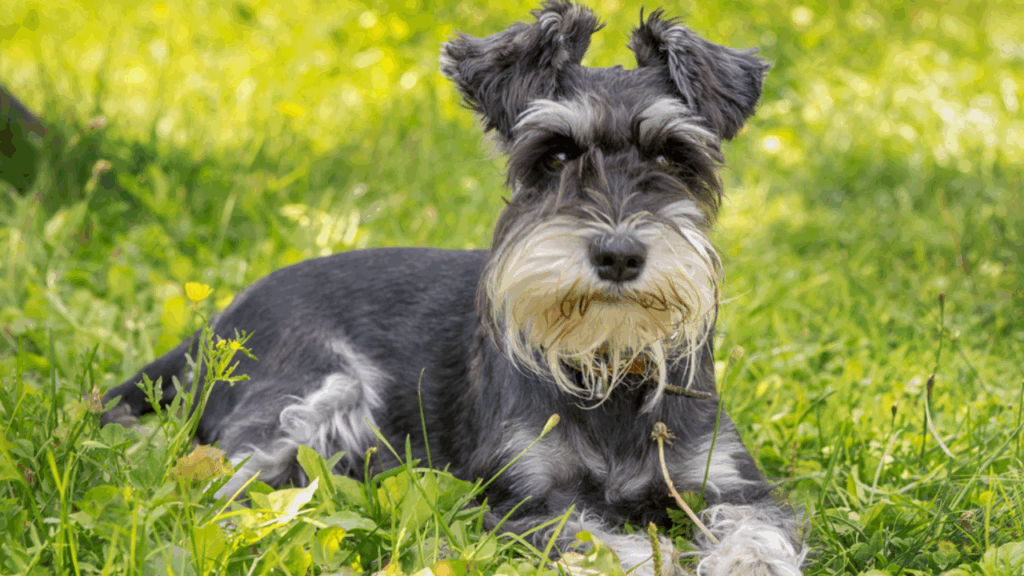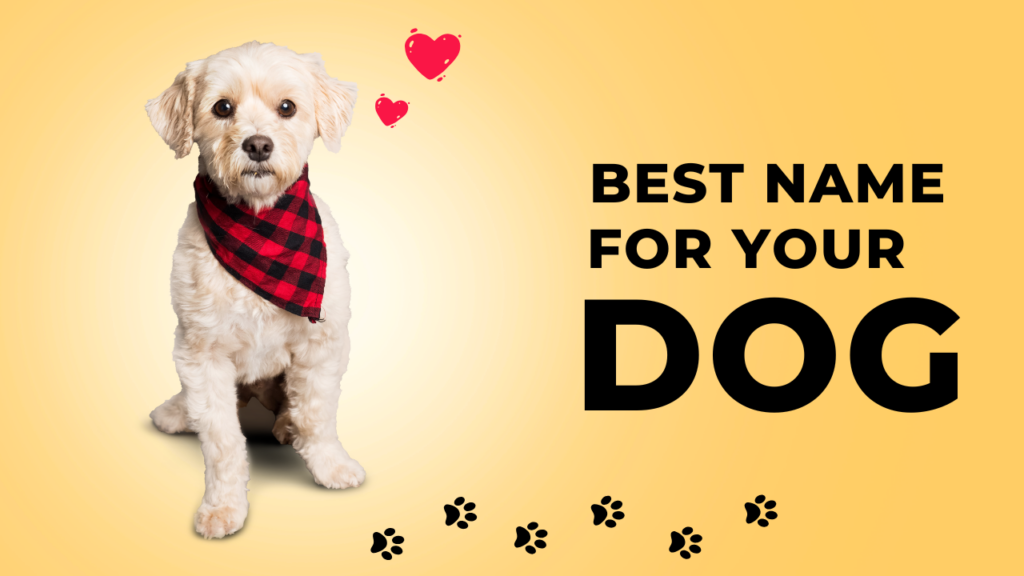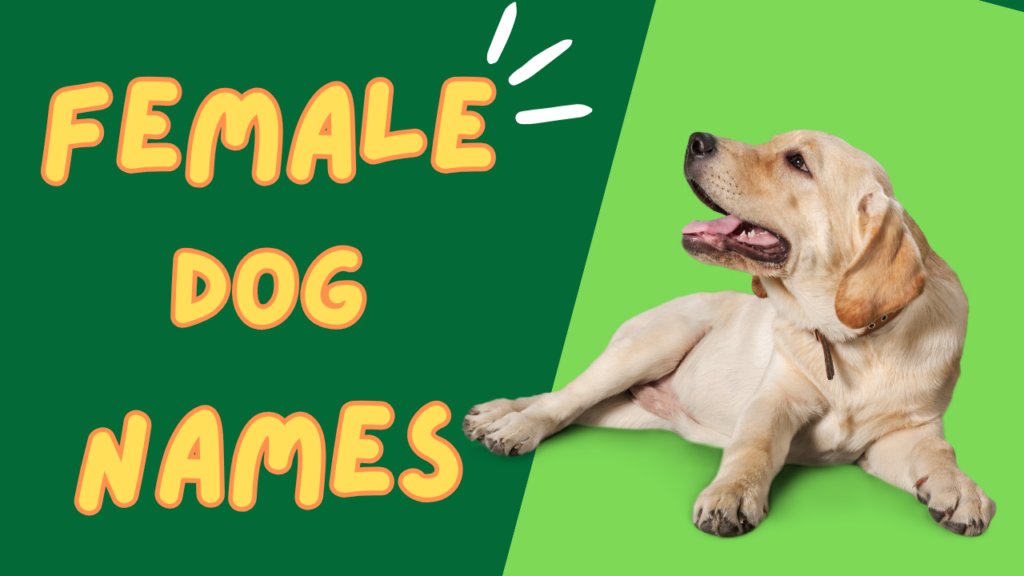The Miniature Schnauzer is one of the most beloved small dog breeds in the world, admired for its spirited personality, distinctive bearded face, and intelligence. Originally bred as a farm dog and ratter in Germany, this sturdy little terrier-like breed has evolved into a popular companion for families and individuals alike. Despite its small size, the Miniature Schnauzer is known for its bold character, loyalty, and impressive versatility.
Origins and History
The Miniature Schnauzer originated in Germany during the late 19th century, developed by crossing the Standard Schnauzer with smaller breeds such as the Poodle and Affenpinscher. The goal was to create a smaller version of the Standard Schnauzer that could serve as an effective farm dog, guarding property and keeping vermin under control.
The breed quickly gained popularity due to its manageable size, robust build, and adaptable nature. The first Miniature Schnauzer was recorded in 1888, and by the early 20th century, the breed was recognized by kennel clubs in Europe and later in North America. Unlike many terriers, the Miniature Schnauzer is not a member of the terrier group in some countries (such as the U.S.) but instead is categorized with utility or working breeds due to its diverse functions.
Appearance
Compact yet robust, the Miniature Schnauzer is easily recognized by its distinctive facial furnishings—a bushy beard and thick eyebrows that give it an expressive, almost human-like face.
Key features include:
- Height: 12–14 inches (30–36 cm)
- Weight: 11–20 pounds (5–9 kg)
- Build: Square-shaped, sturdy and muscular
- Coat: Double coat with a wiry topcoat and soft undercoat
- Colors: Salt and pepper, black, black and silver, and occasionally pure white (recognized in some countries)
The breed’s sharp appearance is enhanced by regular grooming that maintains its traditional “Schnauzer cut,” giving it a smart and tidy profile.
Temperament and Personality
The Miniature Schnauzer may be small, but it boasts a big personality. It’s an alert, friendly, and outgoing dog with an inquisitive nature and a strong sense of loyalty to its family.
Common traits include:
- Energetic and playful
- Intelligent and quick-witted
- Brave and confident, sometimes stubborn
- Loyal and affectionate
- Good with children and other pets when socialized
They are not typically aggressive, but their natural alertness makes them excellent watchdogs, quick to bark when someone approaches their home. However, early training is important to prevent excessive barking.
Training and Intelligence
Miniature Schnauzers are known for their high intelligence and eagerness to learn. They are fast learners who enjoy problem-solving and new challenges, which makes them well-suited to obedience training and dog sports such as agility and rally.
Training tips:
- Use positive reinforcement with treats and praise
- Be consistent, as they can be willful
- Start socialization early to encourage confidence
- Include variety in training to keep them mentally stimulated
These dogs thrive when given a job to do or when involved in regular training activities.
Exercise and Activity Needs
Although small, Miniature Schnauzers are active dogs that require daily physical and mental exercise. Without it, they can become bored and may develop undesirable behaviors.
Ideal activities:
- Daily walks or jogs
- Off-leash play in secure areas
- Interactive toys or puzzle games
- Participation in canine sports
They enjoy spending time with their families, so combining activity with quality time enhances their happiness.
Grooming and Maintenance
One of the defining features of the Miniature Schnauzer is its wiry coat, which requires regular grooming to maintain its texture and appearance.
Grooming routine:
- Brush 2–3 times per week to prevent mats
- Hand-stripping or clipping every 6–8 weeks for coat maintenance
- Clean the beard regularly to avoid food buildup
- Check ears and trim nails as needed
While the breed is low-shedding, regular grooming is essential, especially for pet owners who want to maintain the classic Schnauzer look.
Health and Lifespan
Miniature Schnauzers are generally healthy, but like all breeds, they can be prone to specific health issues. Responsible breeding and regular veterinary care are key to a long, healthy life.
Common health concerns:
- Pancreatitis
- Hyperlipidemia (high fat in the blood)
- Urinary stones
- Eye disorders like cataracts and PRA (progressive retinal atrophy)
Average lifespan: 12–15 years
With proper care, nutrition, and exercise, many Miniature Schnauzers live long, active lives.
Ideal Home
The Miniature Schnauzer is a versatile dog that adapts well to many living situations, from apartments to country homes. It does best in a home where it receives plenty of attention, activity, and affection.
Best suited for:
- Active individuals or families
- Homes with or without a yard
- Those looking for a low-shedding breed
- Owners who enjoy grooming or don’t mind professional grooming costs
They get along well with children and other pets if introduced early and respectfully.
Conclusion
The Miniature Schnauzer is a charismatic, energetic, and intelligent companion wrapped in a small, stylish package. Whether acting as a loyal family dog, an alert watchdog, or a spirited playmate, the Miniature Schnauzer brings joy and personality wherever it goes. With its adaptable nature, affectionate heart, and charming good looks, it’s no wonder this breed remains a favorite among dog lovers worldwide.



